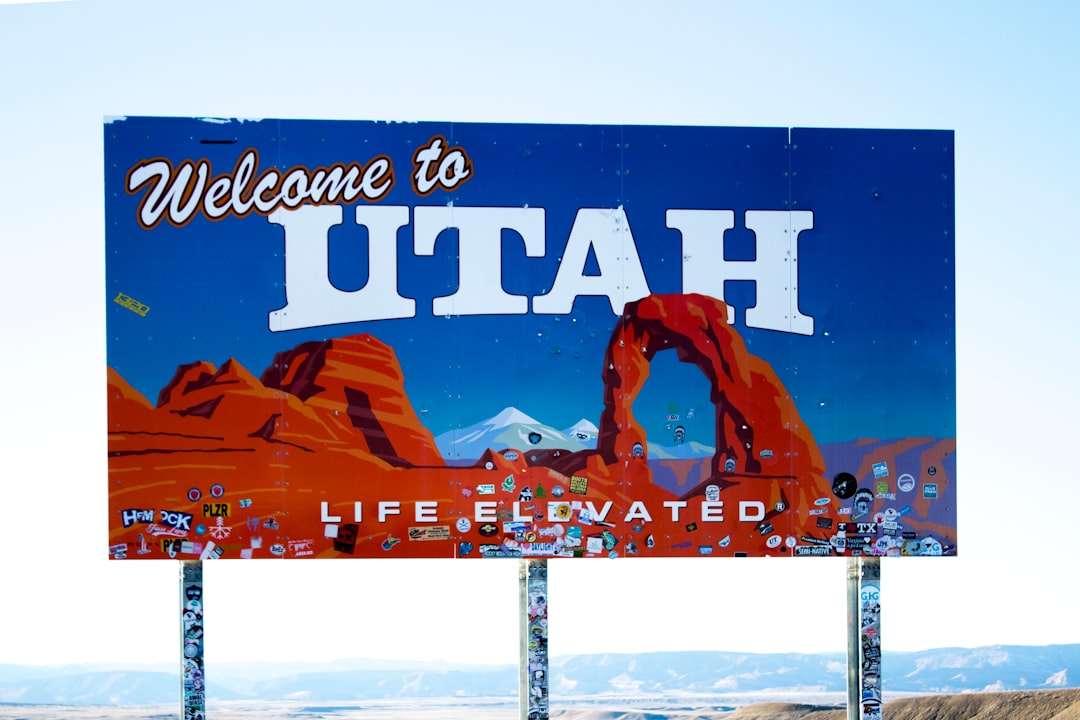Robocalls are a growing problem in Utah, but residents have legal protections and options. The Telephone Consumer Protection Act (TCPA) prohibits automated marketing calls without consent. If you've received unwanted robocalls, consult a spam call law firm or TCPA lawyer to understand your rights and explore compensation for privacy violations. Utah laws offer recourse for those facing harassing robocalls, allowing them to file complaints, document calls, and seek legal action against violators.
In the digital age, robocalls have emerged as a pervasive and increasingly threatening issue in Utah. These automated phone calls, often unwanted and intrusive, are not just a nuisance; they can be illegal under the Telemarketing Consumer Protection Act (TCPA). Understanding where these calls come from, their impact on residents, and your rights against them is crucial. If you’re wondering ‘can I sue for robocalls Utah?’, this guide explores everything from navigating the legal framework of spam call law firms Utah to effective strategies for managing these calls.
Understanding Robocalls and Their Impact in Utah

Robocalls have become a persistent and growing menace in Utah, with countless residents receiving unsolicited automated phone calls daily. These automated messages, often marketed as “spam calls,” are not only annoying but can also have significant impacts on individuals’ lives. From promoting products and services to trying to sell you on dubious investments, robocalls disrupt peace of mind and can leave recipients feeling violated.
In Utah, as in many other states, there are laws in place to combat these intrusive calls, such as the Telephone Consumer Protection Act (TCPA). If you’ve received unwanted robocalls, you may have legal recourse. A spam call law firm or lawyer specializing in TCPA cases in Utah can help you understand your rights and explore options for compensation if your privacy has been infringed upon. Don’t hesitate to reach out if you believe you can sue for robocalls in Utah—it’s a step towards reclaiming control over your phone lines.
The Legal Framework: TCPA and Spam Call Regulations in Utah

In Utah, like in many states across the US, robocalls and spam calls are regulated by stringent legal frameworks designed to protect residents from unwanted and fraudulent communications. The primary legislation governing these issues is the Telephone Consumer Protection Act (TCPA). This federal law, enforced by the Federal Trade Commission (FTC), restricts automated telephone marketing practices, including prerecorded messages and artificial or synthesized voices, without prior explicit consent.
Utah has also implemented its own state-level spam call regulations, further bolstering consumer protections. If you’ve received robocalls in Utah and believe your rights have been violated, you may be able to take legal action. A skilled spam call lawyer or lawyer for TCPA in Utah can help determine if you have a case and guide you through the process of seeking compensation for damages incurred due to these unwanted calls, including emotional distress and lost time.
Your Rights as a Utah Resident Against Robocalls

As a Utah resident, you have rights when it comes to robocalls and unsolicited telemarketing calls. The Telephone Consumer Protection Act (TCPA) is a federal law designed to protect consumers from excessive and unwanted phone marketing. This means that businesses and organizations must obtain your explicit consent before calling you using automated technology or prerecorded messages, often known as robocalls.
If you’ve been subjected to frequent or harassing robocalls in Utah, you may have legal recourse. You can take action against the perpetrators by filing a complaint with the Federal Trade Commission (FTC) and seeking legal advice from a spam call law firm or lawyer specializing in TCPA cases. If the calls violate your rights, you might be eligible to receive damages and seek compensation for your troubles. Consider reaching out to a reputable Utah-based spam call law firm to explore your options and understand if you can sue for robocalls under current Utah laws and federal regulations.
Strategies to Stop and Manage Robocalls Effectively

Robocalls remain a persistent and growing threat in Utah, but there are strategies to stop and manage them effectively. One crucial step is to understand and utilize the Spam Call law firm Utah and lawyer for TCPA Utah regulations at your disposal. The Telephone Consumer Protection Act (TCPA) prohibits automated or prerecorded calls from contacting you without prior consent, so reporting such calls to your service provider and the Federal Trade Commission (FTC) is a good start. Many Utah residents wonder, “Can I sue for robocalls Utah?” and the answer is yes; there are legal avenues to pursue.
Spam call lawyers Utah can guide you in navigating these complex laws and help with the process of seeking compensation or blocking future calls. If you’ve received unwanted robocalls, don’t ignore them; take action instead. Document the calls, including timestamps and the content of the messages, as this evidence could be valuable if you decide to pursue legal action. Additionally, consider using do-not-call services and registering your number on state or national “do not call” lists to reduce the frequency of these intrusive calls.
Choosing the Right Spam Call Lawyer or Law Firm in Utah

When facing a deluge of unwanted robocalls, many Utah residents wonder if they can take legal action. If your privacy has been invaded by these automated calls, knowing your rights is the first step. In Utah, the Telephone Consumer Protection Act (TCPA) provides stringent regulations against spam calls, and violators can be held accountable.
Choosing the right legal representative is crucial when considering a lawsuit for robocalls in Utah. A reputable spam call law firm or spam call lawyer specializing in TCPA cases will have the expertise to navigate this complex area of law. With their help, you can explore options like sending cease-and-desist letters, negotiating settlements, or taking the case to court to recover damages and stop the unwanted calls once and for all.






